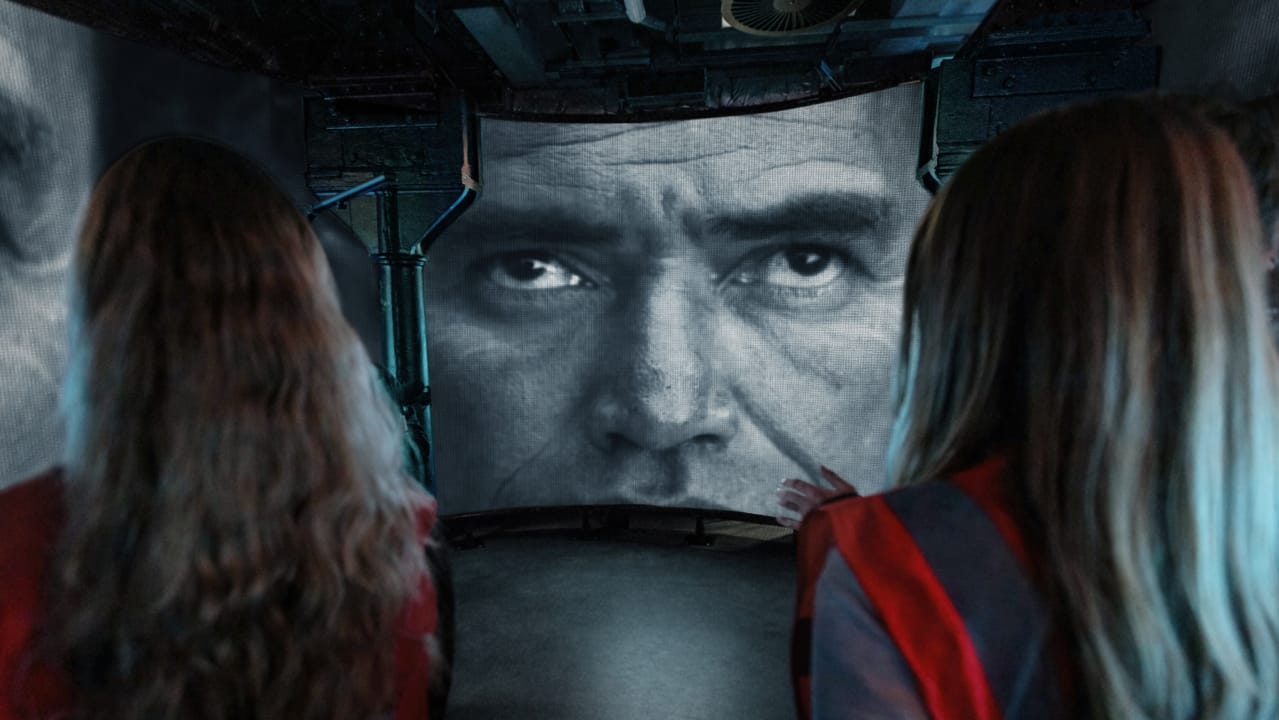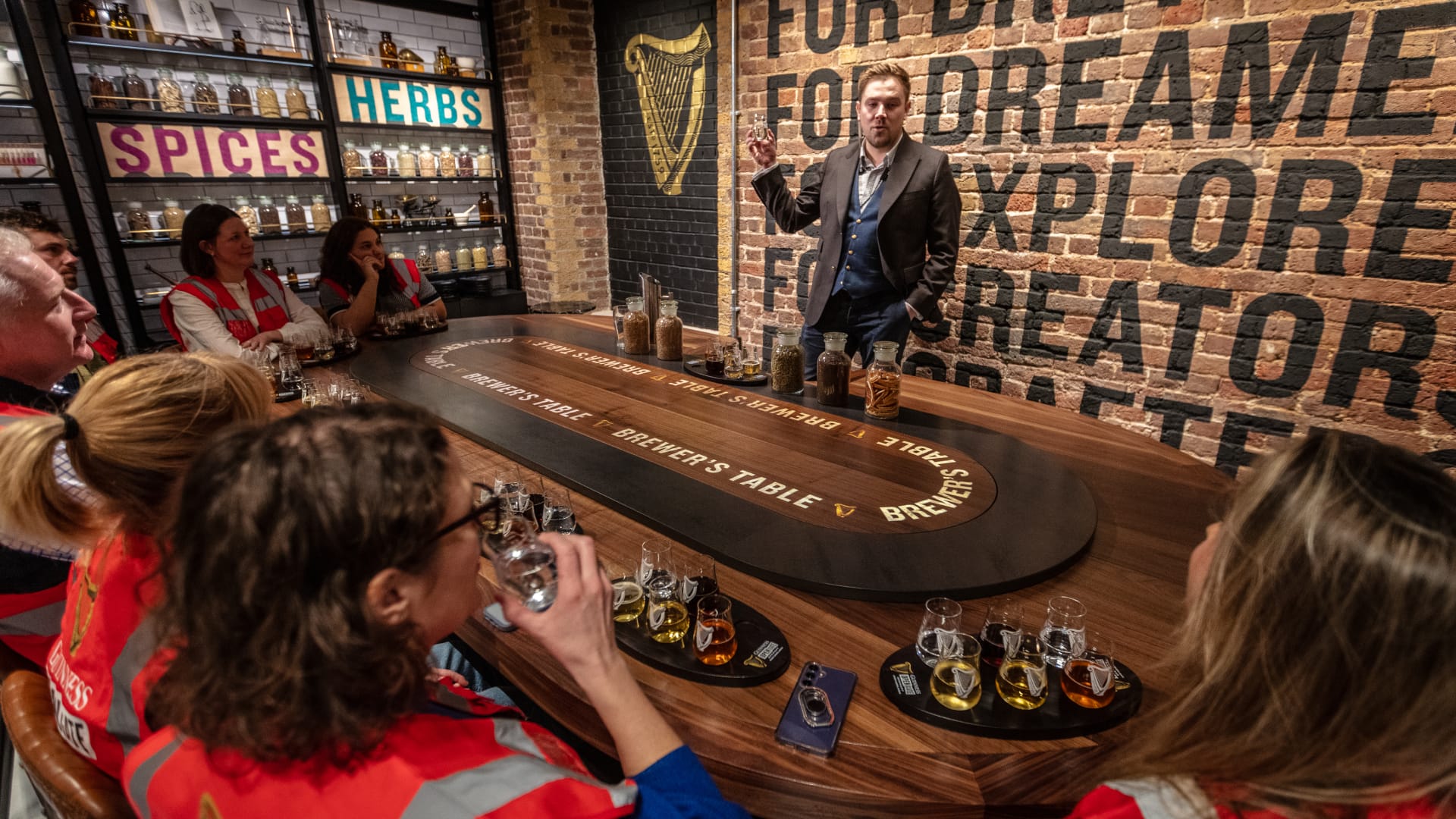
This article first appeared in City A.M.
Sports brand messaging since the Nike boom in the 1980s has been about the pursuit of perfection. Slogans used following the Nike boom included Find Your Greatness (Nike), My Better Is Better Than Your Better (Nike), The Only Way is Through (Under Armour), Impossible is Nothing (Adidas), There’s an Athlete in All of Us (Reebok) and Want it More (Asics). Don’t they make want you to get up and go for a run/ride/lift/swim/serve/surf/hike/swing/ski/hop-skip- jump? They were crafted to be inspirational, to motivate you to get up, lace up and smash your personal best.
The Olympics has a motto which captures this same spirit: “Faster, Higher, Stronger – Together”, said first by Dominican priest Henri Didon in 1881 for a school event. It was adopted by Pierre de Coubertin for the Olympics 13 years later and remains the Games’ motto to this day. In 2022, a slogan for the 2024 Paris Games was developed: “Games Wide Open”. This slogan is more timely, appropriate and a better reflection of the cultural place where sport lives today.
Paris 2024 branding
Games Wide Open is about individuality, inclusivity, and accessibility. Paris in 2024 is opening the city to everyone and showing that sport is available to all. The pursuit of perfection messaging that was adopted by sports brands since the 1980s is no longer appropriate. When someone laces their trainers now, they know it’s okay to run a bit slower, to not have to jump so high or be slightly weaker. There’s a shift in the culture of sport where finding your greatness is no longer an imperative – or wanting it slightly less is acceptable. Sport has been detoxified and democratised.
If we look at some more recent brand platforms, they’re channelling “Games Wide Open” more than “Faster, Higher, Stronger”. Decathlon’s new brand platform “Ready to Play” “Invites everyone, everywhere to rediscover the joy of play. In a world where stress and perfectionism hold so many people back from enjoying sport”. Asics’ campaign encouraged people to rediscover the joy of exercise they had in childhood.
Even Nike, the brand most synonymous with encouraging you to discover your athletic greatness launched “Play New” which encourages people to try sports even if they might be bad at it. The change in the way sports brands talk to their customers can be attributed to two things. The first is a broad cultural change, especially among Gen Z. The second is a growing emphasis on female sports participation.
Gen Z impact
Exercise is just one part of people’s lives and it’s not just here that people are looking to be told that it’s okay not to strive for greatness. Last year ‘Soft Life Era’ and several variations of this trended on TikTok, collecting tens of millions of views. This trend is about rejecting stress- inducing work-centric lifestyles so many feel encouraged to adopt. If you’re in your ‘Soft Life Era’ it means you’re living life slower and less intensely.
This change is also evidenced by the ‘Quiet Quitting’ phenomenon which grew out of the pandemic. Where rather than leaving a job, employees stop going above and beyond. The ‘Quiet Quitting’ trend took hold among people who had become fed up with hustle culture, wanted to prioritise their work-life balance and detach their self-worth from their work-based accomplishments.
Female sports participation has also played a crucial role in championing this shift. The ‘This Girl Can’ campaign from 2015 highlighted a significant movement in the UK, promoting female participation in sport with an emphasis on fun over the traditional obsession with winning.
This campaign was a defining moment and has influenced many brands to adopt a more accessible narrative. Women’s focus on community and inclusion has positively reshaped the approach to sports marketing, fostering a more welcoming and supportive environment.
Olympics engagement
So, what does this mean for brands and the way they engage with culture?
They’re going to have to take a lead from sports brands and the Olympics – to become more “Games Wide Open” than “Faster, Higher, Stronger”. A shift in their platforms and their positioning is going to be necessary. One example of a brand doing this is Visa with their recent language around ‘small steps’. Visa has recognised that young people are less interested in overnight success that feels out of reach and are instead interested in celebrating ‘the journey’ and making a series of small improvements.
The evolution of brand messaging in sports reflects a broader cultural shift towards inclusivity and accessibility. With the rise of movements like ‘Soft Life Era’ and ‘Quiet Quitting’, people, especially Gen Z, are embracing a more relaxed, balanced approach to life. Brands must adapt and prioritise the journey over the pursuit of perfection.


